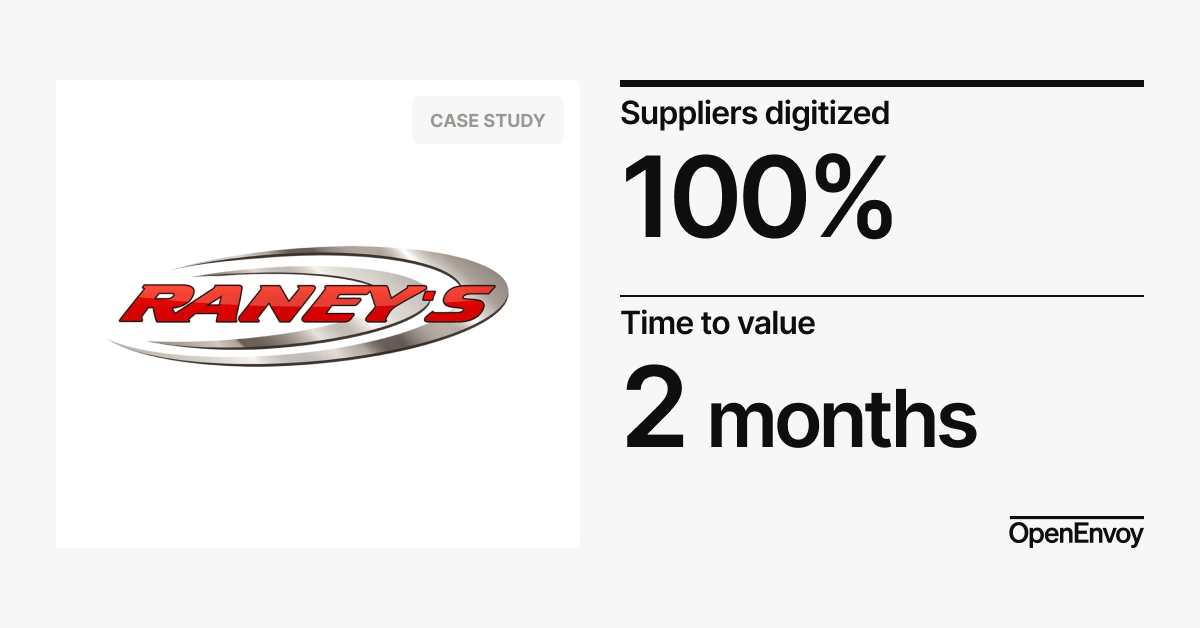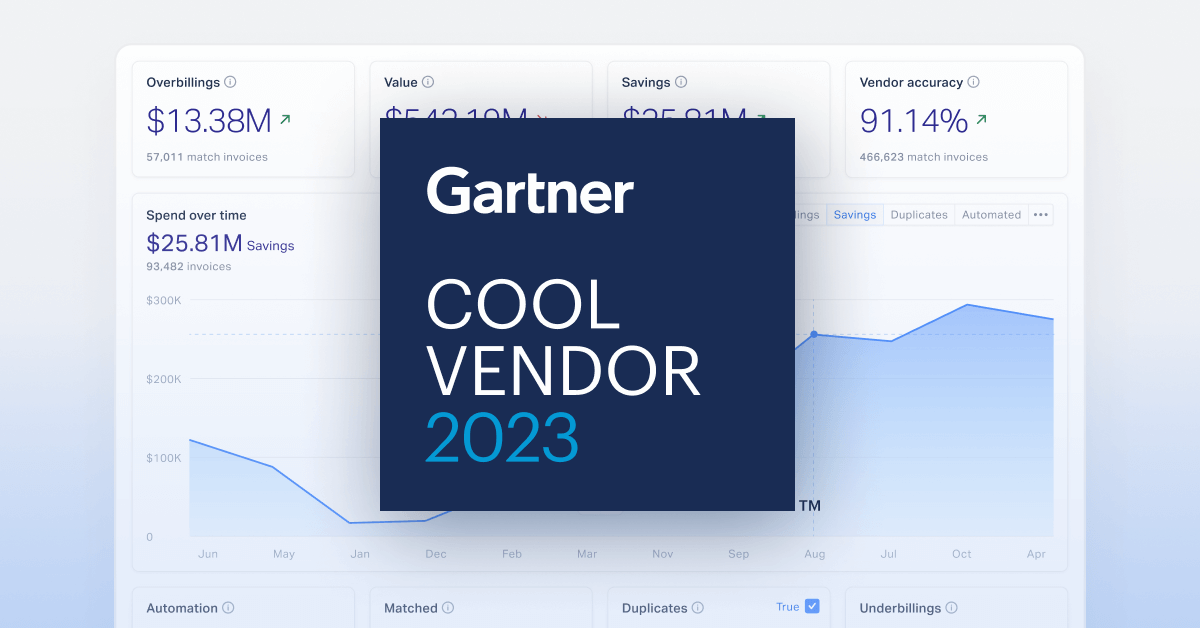-1.png)

Successful CFOs act as advisors to the C-suite, and they are entrusted to navigate their company’s financial future. In the 2022 post-pandemic business environment, finance teams of all sizes are aiming to develop efficient processes, create leaner cost structures, and achieve operational excellence. Being decisive and making a lasting impact requires the CFO to stay ahead of their competition by leveraging the latest information and industry trends.
Here Are the Latest Trends CFOs Should Look Out for in 2022:
- Increasing Adoption of AP/AR Technologies
Finance leaders are quickly migrating their processes to the latest artificial intelligence (AI) and machine learning (ML) to enable their organizations with faster decision-making and data-backed judgments. Businesses have rapidly embraced AI and many are expecting to increase its use within their organizations.
According to recent research, 96% of CFOs are digitizing payments to improve customer and vendor satisfaction. CFOs view the modernization of AP/AR from a future-oriented perspective and see the digitization of payments as critical to obtaining customers and maintaining vendor relationships. - Accelerating Cloud Technology Adoption
The implementation of cloud computing has become increasingly prevalent for finance teams. A survey shows that 90% of organizations already use cloud technology and most expect to exceed their usage rates, leaving companies that have not yet embraced this approach at a disadvantage. The popularity and usage of these systems are expected to grow in the coming years, and it is a development to keep in mind. - Implementing Agile Processes
Without automation, collating data from numerous places can be cumbersome and time-consuming. Quick access to reliable data allows CFOs to anticipate the needs of their organization and stay ahead of their competition. However, data can become siloed at different points across the organization. Isolated data makes generating and distributing insights throughout the company difficult for finance teams. CFOs can alleviate the manual workload on their teams by implementing the latest technology to streamline the collection and reporting of data. According to Gartner, by 2023, augmented data management is expected to free up to 20% of finance analysts' time for collaboration, training, and high-value analytics work. - Driving Process Improvement
CFOs are working to help their financial planning and analysis teams grow into business advisors for the entire organization and create a culture of adaptability. Organizations find success with more cross-departmental collaboration, and over 75% of managers report that AI implementations have improved their operational efficiency and team culture. CFOs aiming to fast-track their digital transformations must take the time to document end-to-end processes and identify shortcomings. Implementing AI-driven technologies can support collective learning and overall morale. AI also enables evaluation and measurement for operational efficiency and the opportunity to identify new goals and improve outcomes. - Hiring, Retaining, and Building Digital Skills
In the upcoming year, attracting and retaining employees is a top priority for CFOs. A recent survey shows that 88% of CFOs will be using a hybrid work model, 92% will increase automation, and 41% expect to shrink their real estate. CFOs expect the pandemic to persist and plan to prioritize nimble operations to overcome potential volatility. CFOs should concentrate on building the finance teams' digital capabilities to reduce manual workloads and create a more efficient accounting function. Training programs for new software often leave employees with a lack of knowledge retention, resulting in gaps that prevent comprehensive, long-lasting digital talent. Finance leaders should implement frequent training and support to ensure new technologies are effective in upleveling operational performance.
By embracing the latest technology, CFOs can optimize their finance function to capture short-term wins and contribute to building an agile, data-powered enterprise. With trends from implementing the latest automation to improving digital talent, having the insight to anticipate what is ahead helps finance leaders better prepare their organization to win.
Serious about protecting your cashflow?















